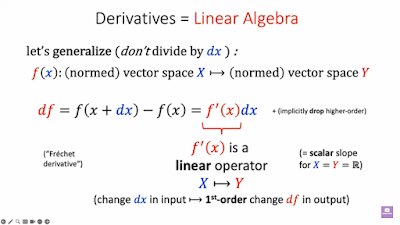Scott Aaronson - Why Philosophers Should Care About Computational Complexity
This follows nicely from Jenann Ismael's talk Jenann Ismael - Laplace meets Godel: How Self reference Foils Prediction and also Edward Frenkel's talk Norman Wildberger and Dean Rubine Rewriting History and Edward Frenkel Offering Free Psychoanalysis.
32:33 There's an interesting observation about the Ackermann function and addition, multiplication and exponentiation here. See Philip Wadler's talk "Categories for the Working Hacker" in Philip Wadler - Propositions as Types.
46:11 Interesting thing about over-parametrised LLMs.
51:17 on MP*=RE see https://pirsa.org/20050011 and this mathoverflow discussion MIP*=RE theorem and its impact on logic and proof theory.
1:06:41 Interesting thing about non-linearity in quantum mechanics which I'd never heard of before. See Daniel S. Abrams and Seth Lloyd's Nonlinear quantum mechanics implies polynomial-time solution for NP-complete and #P problems (1998).
1:18:55 On quantum computing and AI hype. His blog is here: https://scottaaronson.blog/.
1:25:25 Question "How do we trust space and time?" His answer seems quite apposite to the whole AI/Quantum Computing thing as a whole!
1:31:57 On randomness and pseudo-randomness and the definition in terms of computational complexity: See Andrew Yao's 2000 Turing Award citation.
The (60 page!) paper is here: Why Philosophers Should Care About Computational Complexity.
Subscribe to ekkolápto.
Here's a talk by Ewin Tang on Quantum Linear Algebra for Machine Learning:
The (2021) paper by Shao and Montanaro is this one, I guess: Faster quantum-inspired algorithms for solving linear systems.
Subscribe to UCLA IPAM.



Comments
Post a Comment